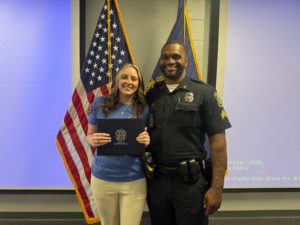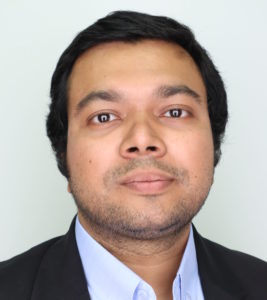Lexington, Ky. — In a room full of bankers, philanthropists, and national nonprofit leaders, Dr. Diane Loeffler brought something different to the table: the perspective of a social worker.
Loeffler traveled to Memphis, Tennessee, for the 2025 Rural Investment Summit, hosted by Partners for Rural Transformation. The convening drew voices from across sectors to address persistent underinvestment in America’s rural landscapes—from the hollers of Central Appalachia to Tribal Lands and the Rio Grande Valley.
Loeffler, a faculty member at the University of Kentucky College of Social Work (CoSW), didn’t just speak on behalf of Kentucky’s flood-ravaged communities. She listened with a trained ear for systems, policy, and the human stakes behind both.
“I kept thinking, ‘If only banks and philanthropies had social workers on staff,’” she said. “We’re trained to hold systems and people in the same frame—and that’s exactly what this work demands.”
For Loeffler, the conversation wasn’t only theoretical. In recent years, she’s collaborated with faculty and PhD students across the University to assess disaster recovery systems in Eastern Kentucky, where historic flooding left entire counties underwater—and unmoored. Her research has traced not just the damage, but the delays, the disconnects, the dead ends rural communities face when navigating recovery.
“Too often, rural communities are asked to solve complex problems without the capital or capacity to support long-term solutions,” she said. “What they need and deserve are multi-year, flexible investments rooted in trust and local leadership.”
That belief—that rural places are rich in strength but hungry for more structural support—is now embedded in more than just her research. It’s informing how the College prepares the next generation of social workers.
This year, CoSW launched its Graduate Certificate in Rural Health and Well-Being, a fully online program built for students eager to tackle the layered realities of rural life. From broadband blackouts and transportation gaps to generational trauma and healthcare deserts, the certificate explores the intersections of geography, identity, justice, and care.
“The challenges facing our rural population are unique and complex,” said Dr. Amanda Brown, Director of the MSW Program and one of the driving forces behind the certificate. “This offering reflects our commitment to preparing students—and building a workforce—equipped to meet those needs.”
For Loeffler, the connection between summit conversations and classroom instruction is seamless. What she witnessed in Memphis—innovators working across disciplines to reimagine what’s possible for rural America—is the same energy she hopes to ignite in her students.
“Our students want to do work that matters,” she said. “They want to be part of systems change. And rural communities right here in Kentucky need them. This is where we can make that happen.”






